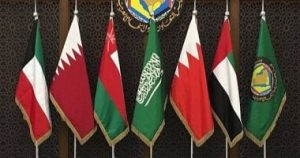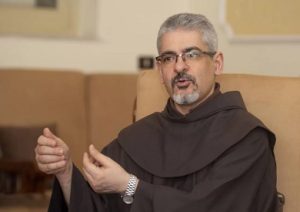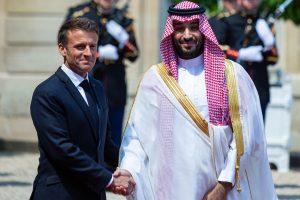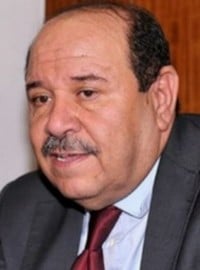The French newspaper Le Monde published a lengthy article on Monday, August 25, as the first part of a six-part series dedicated to King Mohammed VI under the title: “The Atmosphere at the End of Mohammed VI’s Era.” The newspaper centered the article on the King’s illness, adding some previously published information even in Moroccan media about his relationship with some of his subjects.
However, the article offers no new information, as most of its content is a translation or republication of what Spanish journalist Ignacio Cembrero, known for his pathological hostility towards all things Moroccan, had previously written. Le Monde asserts that the King’s illness and frequent travels caused his distancing from exercising power, an inaccurate conclusion.
It is important to emphasize that King Mohammed VI’s illness has never been a taboo in Morocco; each time he suffered a health setback, his private doctor or the Royal Court issued an official statement informing the public about his health status. The King himself has not hesitated to appear spontaneously showing his humanity, such as appearing on public television receiving athletes while leaning on his cane, official photos of him undergoing heart surgery in a Paris hospital surrounded by family members, appearing alongside French President Emmanuel Macron leaning on a cane, and participating in religious occasions seated on a chair to fulfill his religious duties despite his health condition.
The French newspaper’s conclusions are based on projections from what France itself experienced with its presidents, from Charles de Gaulle to François Mitterrand and François Hollande, who concealed their illnesses from the public while Le Monde only published reassuring statements from the Élysée Palace. For example, President François Mitterrand suffered from cancer since his first term (1981) and continued to govern throughout his two seven-year terms despite the illness. Despite rumors, Le Monde defended the president’s health, and Mitterrand himself ended an interview abruptly when asked if he was in pain, saying, “That’s none of your business.” Nevertheless, the illness did not prevent him from fulfilling his duties until the end of his second term.
In Morocco’s case, neither illness nor travel prevented King Mohammed VI from fully exercising his constitutional duties alongside the government, national institutions, and his advisors. He remained present at all major national events requiring his attendance, such as ministerial councils, parliamentary openings, religious and national occasions. He also attended global events like the COP22 climate conference in Marrakech in 2016, where he received heads of state and led the summit’s proceedings.
The King did not neglect following major crises that shook Morocco, such as the case of the child Rayan (2022), the COVID-19 pandemic period, and the Al Haouz earthquake (2023). He chaired important meetings related to strategic files like water, energy, agriculture, and development, in addition to receiving world leaders and prominent figures such as French President Emmanuel Macron, Mauritanian President Mohamed Ould Cheikh El Ghazouani, and foreign ministers of Sahel countries.
History is full of world leaders whose illnesses did not prevent them from performing their duties and achieving accomplishments. U.S. President Franklin Roosevelt led World War II while in a wheelchair, and British Prime Minister Winston Churchill led Britain through the most difficult periods of the war despite his age and health issues.
Moroccan sultans throughout history remained loyal to the pledge of allegiance even under illness. For instance, during the Battle of the Three Kings in 1578, Sultan Abd al-Malik al-Mutasim al-Saadi died ill during the fighting, yet no disruption occurred in the battle leadership as his brother Ahmad al-Mansur al-Dhahabi immediately took command and achieved a decisive victory over the Christian alliance led by the young Portuguese King Sebastian, who was killed in the battle.
Therefore, Le Monde can be reassured about Morocco’s future, as it is in safe hands; the Moroccan people across all segments stand behind their King, which is the true guarantee for continued victories, stability, development, and loyalty to the historic pledge between the King and the people.













Recommended for you
Talib Al-Rifai Chronicles Kuwaiti Art Heritage in "Doukhi.. Tasaseem Al-Saba"
Exhibition City Completes About 80% of Preparations for the Damascus International Fair Launch
Unified Admission Applications Start Tuesday with 640 Students to be Accepted in Medicine
Egypt Post: We Have Over 10 Million Customers in Savings Accounts and Offer Daily, Monthly, and Annual Returns
His Highness Sheikh Isa bin Salman bin Hamad Al Khalifa Receives the United States Ambassador to the Kingdom of Bahrain
Al-Jaghbeer: The Industrial Sector Leads Economic Growth